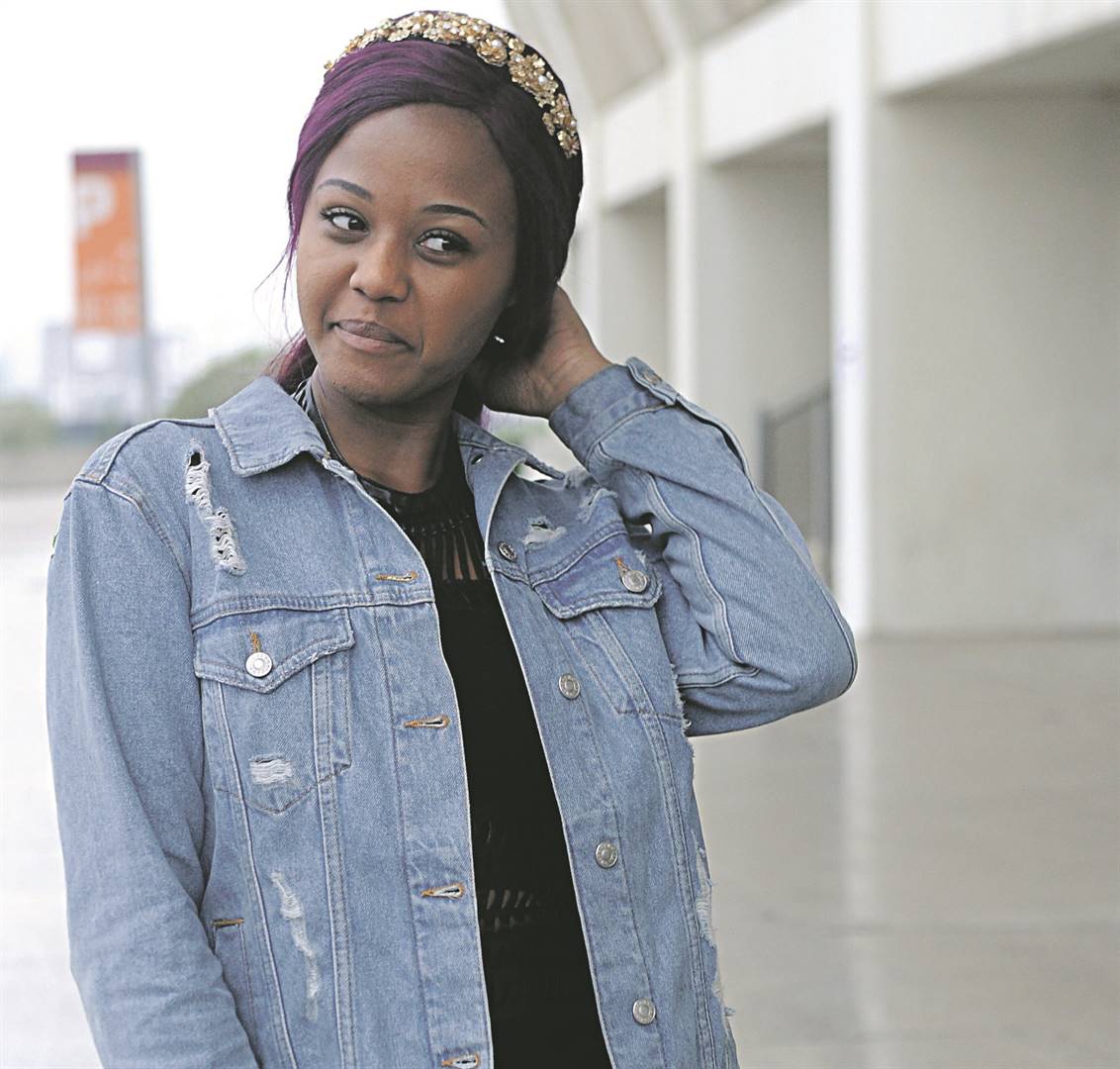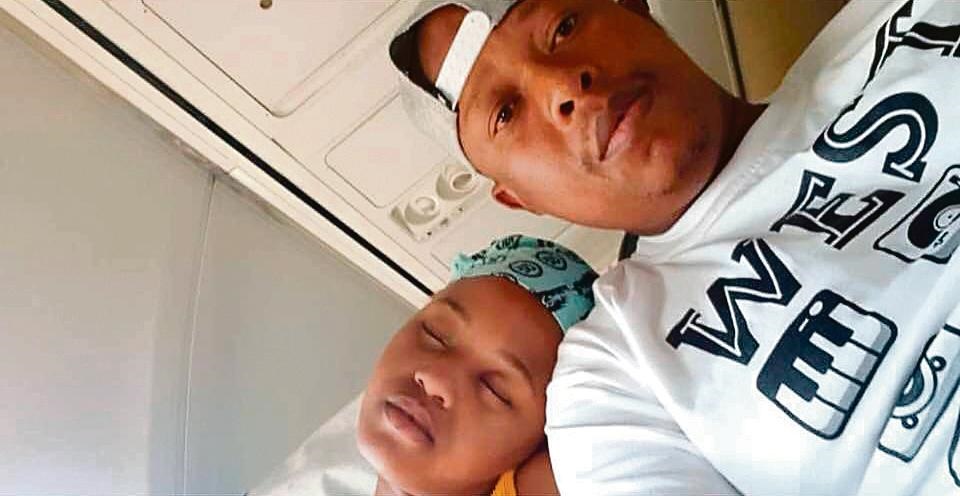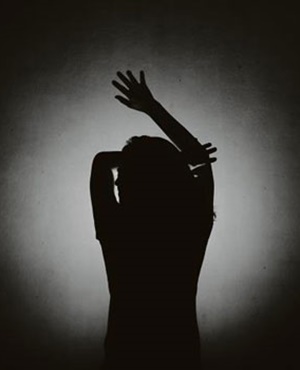
On March 4, South Africa woke up to the disturbing scenes in an Instagram video showing the physical assault of musician Bongekile “Babes” Wodumo Simelane (pictured) by her partner Mandla “Mampintsha” Maphumulo. In the video, Mampintsha can be heard shouting profanities at Babes and repeatedly slapping her.
An interview with Metro FM last year suggested that this was not the first time Babes suffered violent abuse at the hands of Mampintsha. After initially denying it, Mampintsha later acknowledged his abusive behaviour and apologised. This month’s video should, however, be seen as a clear indication that he was neither remorseful nor genuine in his apology.
One in three women are physically and/or sexually abused by their male partners. It is even more disconcerting that three women are murdered daily by their intimate partners, the most severe consequence of violence against women.
While the scourge of violence continues to persist, only one in nine women report their abuse to police. Reasons for underreporting include the fear of reprisal, and being blamed by her partner, his friends and family for the violence and its consequences such as his incarceration – if it comes to that – as well as not being believed or the case being trivialised by police, and the woman’s financial and/or material dependence on the man.
Babes’ actions are unprecedented and brave, and should be seen as a watershed moment, not only giving a voice to many other women who suffer abuse at the hands of their male partners, but also restoring their dignity, voices and power. Her actions should be seen as a bold statement that no man, however powerful he thinks he is, has the right to control and abuse a woman or girl.
In response to social media commentary that questioned why Babes publicly shared her abuse, what she hoped to achieve, and why she and other women stayed in abusive relationships, we need to properly understand how women experience violence at the hands of their male partners.
Intimate partner violence is rooted in patriarchy and bred out of a male partner’s use of controlling behaviour to exert power over women. For instance, Mampintsha defended his actions by explaining how he had used his “own resources” to make Babes the success she is today, thus implying that he owns Babes as she is his investment.
This is an example of toxic masculinity, which regards women as possessions of powerful and rich men. It is a common language among abusers and blessers, and is grounded in the view that the gifts and favours are not free and should be paid back through sex, loyalty, obedience and deference.
These men take offence when they are challenged by women, and they refuse to account for their actions.
Do you believe it is difficult for a woman to leave an abusive relationship? Have you stayed in one?
SMS us on 35697 using the keyword ABUSE and tell us what you think. Please include your name and province. SMSes cost R1.50. By participating, you agree to receive occasional marketing material.
We must also understand that some women stay in abusive relationships not because they haven’t tried to leave, but because they feel trapped by a combination of factors that conspire to make them stay. In Babes’ case, her love for and attachment to the man – feeling indebted to him or being scared of ultimately going solo as an artist without his support – may have informed her decision to stay before this latest incident. We also live in a society that excuses male violence and Babes, like many others, have seen so many women being encouraged to persevere in abusive relationships and hope that the violent man will change.
We must remember that abusive and controlling men are habitually manipulative and conniving, and know how, when pretentiously asking for forgiveness, to also blame the woman for the violence, yet promise to change and constantly remind the woman how good they are together.
Babes ultimately recorded her abuse for the world to see. It is likely that she saw the recording as her way out of a trap and used it to demonstrate or prove her abuse, perhaps once and for all, or it was a cry for help to engineer her exit with a support base (not necessarily the public) that would armour her so that she could leave for good. She probably expected that Mampintsha would reject her and there would be no chance of a reconciliation when she publicly displayed the veracity of his abusiveness. Indeed, this is plausible considering how challenging it would be to extricate oneself from a man who believes he owns you.
We also need to understand that there is no such thing as a perfect survivor of partner violence, and the actions of women who are in abusive relationships may not be immediately discernible nor praiseworthy. The violence and the discourses that perpetuate violence in women’s private and public spaces in South African society systematically strip women of their inner power to fight for themselves. Some feel they have to draw really deep to find impactful ways to assert their agency over male partners who continually reinforce their powerlessness.
So, Babes’ video recording is a powerful objection to victimisation and an attempt to regain power, dignity and a voice against an abusive man. The video clip is enough evidence that those who are victimised can stand up for themselves. The video has partly made the job of the criminal justice system easier – it is evidence for the police and the National Prosecuting Authority, and they must let the video speak for itself. They must understand that Babes’ actions – before the video and after the video – do not in any way imply she was deserving of abuse.
The criminal justice system has the responsibility to make perpetrators of gender-based violence accountable, while psychosocial care and support to survivors is critical in the healing process, as envisaged in the Declaration of the Presidential Summit Against Gender-based Violence and Femicide, which was signed on Thursday.
- Shai, Mahlangu and Sikweyiya are social scientists whose research focuses on gender identities and their intersections with interpersonal violence




 Publications
Publications
 Partners
Partners










